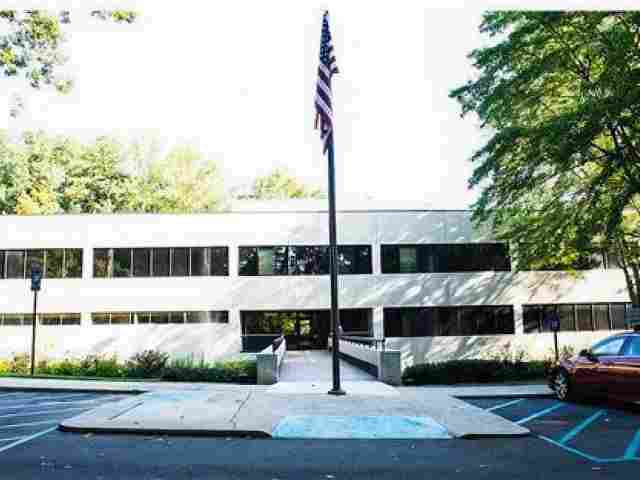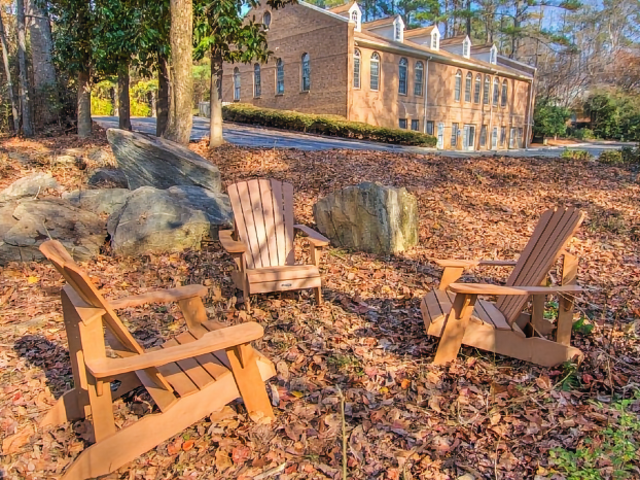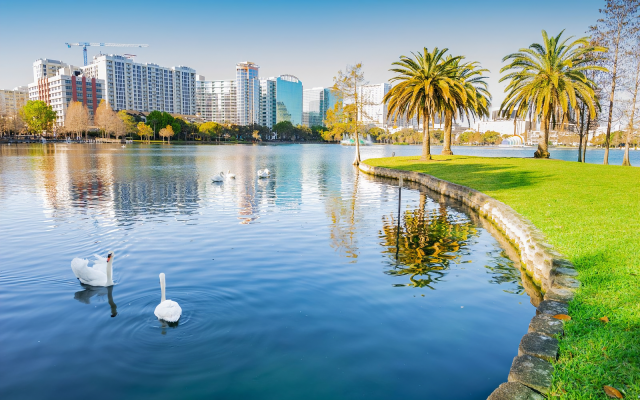The Benefits of Countryside Recovery
When seeking treatment for addiction or mental health conditions, you will likely find several rehab facilities that offer similar therapies and treatment modalities. While these are important details, your surroundings and the environment you recover in is also important to consider.
Choosing a rehab for substance use treatment in a rural area can offer benefits and treatment options not found in a more urban environment, some of which may include:
- Nature Therapy - Guided, nature-based activities led by a licensed professional to improve mental health and overall well-being. Examples of nature therapy can include horticultural therapy, wilderness therapy, forest bathing, and animal-assisted therapy.
- Scenic Views - Studies have shown that being surrounded by scenic views positively increases activity of the nervous system and lowers stress levels. Exposure may also enhance your ability to cope with future stressors. Research indicates that even looking at a scenic view for 40 seconds can be enough to help “trigger the brain into a more relaxed state.”
- Mental Reset - The natural elements of rural areas can allow your brain to rest from the frequent overstimulation in busy, non-scenic environments.
- Reduced Triggers and Temptations - Treatment in rural areas separates you from people, places, or substances associated with addiction. Being isolated from triggers can greatly reduce the risk of relapse and facilitate a smoother recovery process.
- Unique Therapies - Choosing a rural rehab can mean access to open land and the space for unique healing experiences through a variety of experiential therapies.
- Connection - Countryside recovery is often in a less populated area, allowing you to relax and focus inward. With the many distractions of everyday life removed, you can spend more time connecting with like-minded peers and also with yourself. Nature activities, exercise, sports, and activities like fishing or tennis may be ways to connect with yourself or others in a rural setting.
Substance Use Treatment in Rural Areas: Therapies and Specialized Programs
Rural rehab facilities often have more space for outdoor and alternative therapies such as equine therapy, gardening, or art therapy. The countryside environment can provide unique experiences to complement traditional addiction treatment. Examples of therapy methods at rural rehabs include:
- Evidence-Based Therapy - Individual, group, and family therapy sessions are a common part of most substance use and mental health recovery programs. Led by a licensed mental health professional, sessions may consist of evidence-based therapies such as cognitive behavioral therapy (CBT) or dialectical behavioral therapy (DBT), which focus on developing positive thought patterns. This approach allows for individualized and personally tailored treatment plans, addressing addiction and co-occurring disorders.
- Art Therapy - A therapeutic technique that allows patients to express themselves creatively, often providing an outlet for traumatic emotions or experiences. Art therapy can be particularly beneficial for those who find it difficult to articulate their feelings in talk therapy. Beautiful countryside scenery, or quiet and serene surroundings can further inspire creativity and lead to healing.
- Equine Therapy - Rural rehabs may have access to horses and facilitate sessions for patients to interact with the horses to build trust, improve self-esteem, and develop emotional awareness through equine therapy.
- Nature and Wilderness Therapy - Countryside rehabs may provide activities such as hiking, camping, and other forms of wilderness therapy. Wilderness therapy is shown to help improve self-discovery, self-awareness, resiliency, and personal growth.
- Adventure Therapy - A method that incorporates activities like rock climbing, ropes courses, and team-building exercises to help individuals build confidence and develop problem-solving skills. These activities can foster physical, emotional, and mental strength.
- Mindfulness and Meditation - A rural rehab center may offer the opportunity to enjoy therapies such as yoga and meditation outside in the fresh air. This can help lessen anxiety and cravings.
It's important to note that the specific therapy methods offered will vary from one rural rehab facility to another. Treatment plans are typically individualized, catering to each client's unique needs and circumstances. The available therapy methods will depend on your physical and emotional condition, preferences, and the facility's available resources, expertise, or training.
Most of the benefits and therapies available in a rural residential treatment program also apply to those seeking treatment on an outpatient basis.
Choosing the Right Environment for You
Not only can the change of environment promote relaxation and self-reflection, it can also distance you from potential temptation and old people, places, and things that may trigger cravings. While countryside rehabilitation may offer a quiet, less populated area and more specialized treatment programs, there can also be cons to rural recovery. Potential cons may include less access to core and wraparound services, fewer treatment services to choose from, restricted staffing, or more limited availability.
It is important to thoroughly research your potential treatment facilities and the programs they offer before making your choice. While location and scenery plays an important role, you will want to make sure you are choosing a program that will fit all of your individual treatment needs, including aftercare.


































